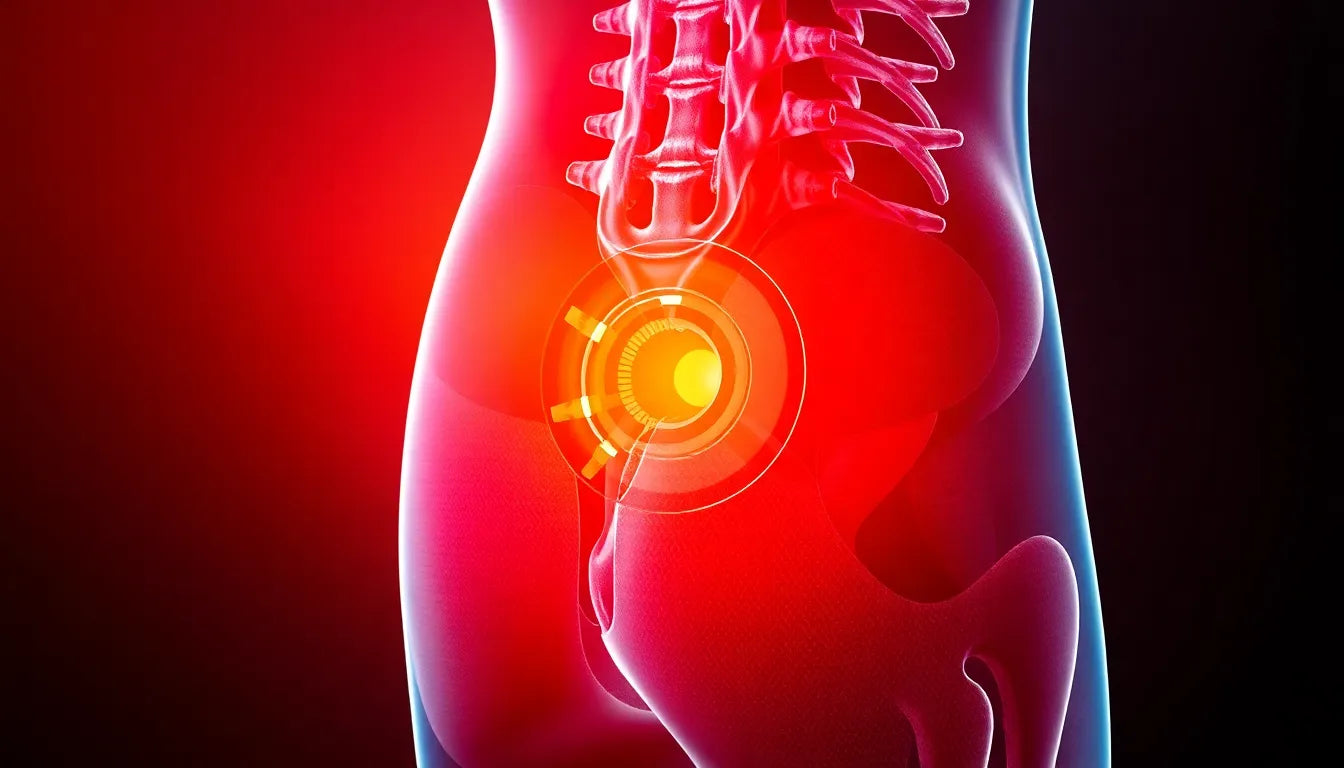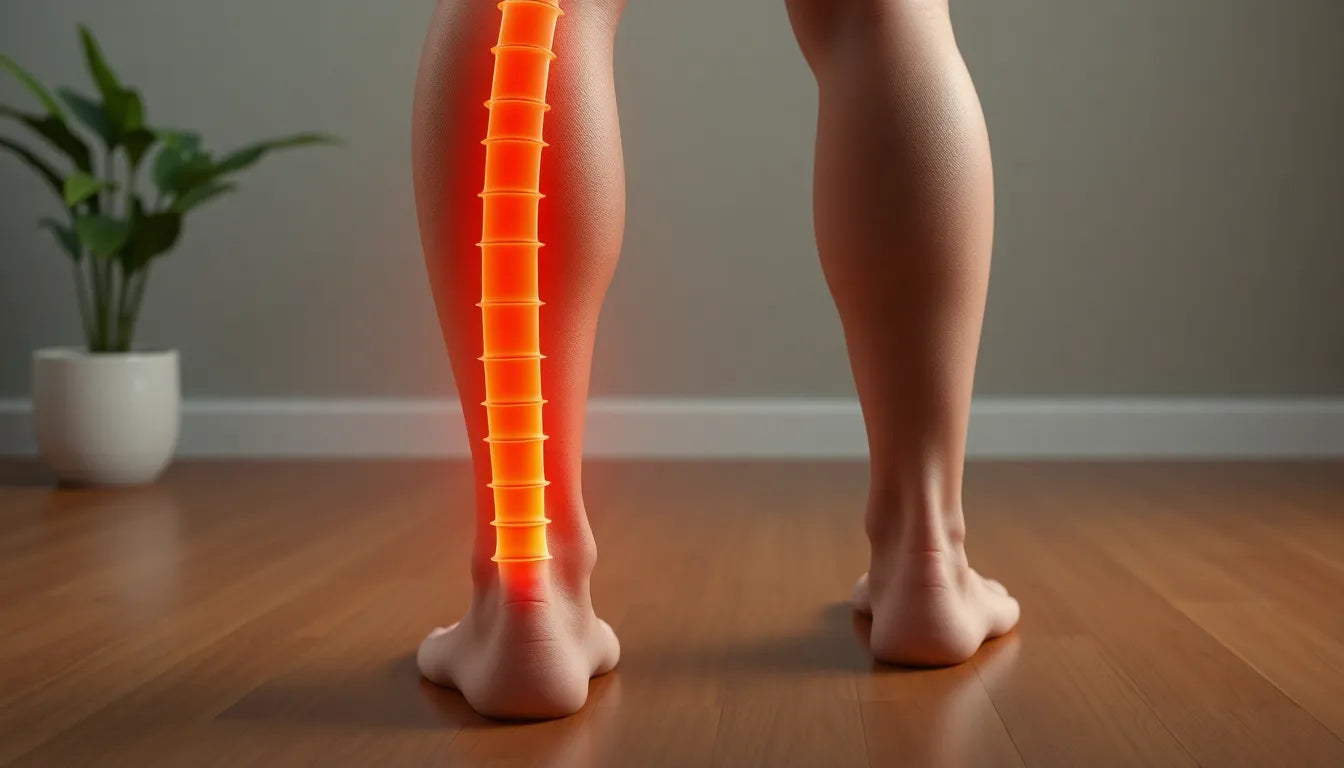A herniated disc, often referred to as a slipped or ruptured disc, occurs when the soft, gel-like center of a spinal disc pushes through a tear in the tougher exterior casing. This condition can lead to pain, numbness, or weakness in an arm or leg, depending on the location of the herniated disc. Understanding how to manage this condition is crucial to preventing further injury and promoting recovery. One of the most effective ways to manage symptoms is by knowing what actions and activities to avoid.
Understanding the significance of avoiding mistakes
When dealing with a herniated disc, ignorance is not bliss. Ignoring symptoms or engaging in activities that exacerbate the condition can lead to prolonged discomfort and potentially more serious complications. For instance, simple actions like bending over to pick something up or sitting for extended periods can significantly worsen the pain. By being informed about the potential pitfalls, individuals can take proactive steps to manage their condition effectively.
Informed management of a herniated disc is not just about knowing what to do but also understanding what not to do. Avoiding common mistakes can be a game-changer in improving one's quality of life. It can mean the difference between a quick recovery and a long-term struggle with pain and discomfort. Therefore, this blog post aims to shed light on the common errors people make when dealing with a herniated disc and provide guidance on how to avoid them.
Common activities to avoid with a herniated disc
Managing a herniated disc involves a careful balance between activity and rest, with particular attention to avoiding certain activities that can exacerbate the condition. Understanding which actions to steer clear of can significantly aid in reducing pain and promoting healing. Here, we delve into some common activities to avoid and provide alternatives that can help maintain comfort and mobility.
The impact of prolonged sitting
Prolonged sitting is one of the main culprits that can worsen the symptoms of a herniated disc. Sitting for extended periods, especially in a poor posture, increases the pressure on the lower back and can lead to increased pain and discomfort. To mitigate this, consider using a standing desk or taking frequent breaks to stand, walk, and stretch. These small changes can significantly reduce spinal pressure and promote better circulation.
Why excessive bed rest is counterproductive
While it might seem intuitive to rest as much as possible when experiencing back pain, excessive bed rest can be counterproductive. Prolonged inactivity can lead to muscle weakening and stiffness, which may prolong recovery. Instead, engage in light, doctor-approved activities that keep you moving without straining your back. Gentle exercises, such as walking or swimming, can help maintain mobility and strengthen the muscles supporting the spine.
Avoiding bending and twisting motions
Bending and twisting are particularly harmful to individuals with a herniated disc, as these movements can irritate the affected area and increase pain. To minimize these motions, practice proper body mechanics during daily activities. For example, bend at the knees instead of the waist when lifting objects, and pivot your entire body rather than twisting at the waist. These adjustments can help protect your spine and reduce the risk of further injury.
Posture and physical activity considerations
Maintaining proper posture and engaging in safe physical activities are crucial components of managing a herniated disc. These practices not only help alleviate pain but also contribute to overall spinal health.
Maintaining proper posture
Good posture is essential for reducing stress on the spine and preventing further injury. When sitting, keep your feet flat on the floor, your back straight, and your shoulders relaxed. Consider using ergonomic chairs that provide adequate lumbar support. When standing, distribute your weight evenly on both feet and avoid slouching. These habits can help maintain spinal alignment and reduce discomfort.
Risks of heavy lifting and vacuuming
Heavy lifting and activities like vacuuming can be particularly risky for those with a herniated disc due to the strain they place on the back. If lifting is unavoidable, use proper techniques such as keeping the object close to your body and lifting with your legs rather than your back. When it comes to vacuuming, consider using lightweight equipment or asking for assistance to avoid repetitive bending and twisting motions.
In conclusion, managing a herniated disc requires a keen awareness of activities that can exacerbate the condition. By avoiding prolonged sitting, excessive bed rest, and harmful movements like bending and twisting, individuals can significantly improve their quality of life. Additionally, maintaining proper posture and modifying physical activities can further support recovery and prevent further injury. Always consult with healthcare professionals to tailor a management plan suited to your specific needs.
Additional considerations for managing a herniated disc
When managing a herniated disc, several additional considerations can contribute to a more effective recovery process. These include staying hydrated and seeking professional help, both of which play crucial roles in maintaining spinal health and ensuring appropriate treatment.
The importance of staying hydrated
Hydration is often overlooked in discussions about spinal health, yet it is vital for maintaining the health of spinal discs. The intervertebral discs are composed largely of water, and staying well-hydrated helps to keep them pliable and functional. Drinking sufficient water throughout the day can support disc hydration, potentially alleviating some symptoms associated with a herniated disc. Aim to consume at least eight glasses of water daily, adjusting for activity level and climate.
The value of professional guidance
Consulting with healthcare professionals is essential when dealing with a herniated disc. A doctor or physical therapist can provide personalized advice and treatment plans tailored to your specific condition. They can recommend exercises that are safe and beneficial, monitor your progress, and make adjustments as needed. This professional guidance can significantly enhance recovery and prevent further complications.
Frequently asked questions
What should I do if I experience severe pain or new symptoms?
If you experience severe pain or new symptoms, it is crucial to seek immediate medical attention. These could be signs of a worsening condition or complications that require prompt intervention. A healthcare professional can assess your symptoms and recommend appropriate treatment.
Can I exercise with a herniated disc?
Yes, exercise can be beneficial for those with a herniated disc, but it is important to focus on low-impact activities that do not strain the back. Walking, swimming, and cycling are often recommended. Always consult with a doctor or physical therapist to determine which exercises are safe and suitable for your condition.
How long does it take for a herniated disc to heal?
The healing time for a herniated disc can vary widely among individuals. Some people may experience improvement within a few weeks, while others may take several months to fully recover. Adhering to medical advice and avoiding activities that exacerbate the condition can help expedite the healing process.
Is surgery necessary for a herniated disc?
Surgery is not always necessary for a herniated disc. Many individuals find relief through conservative treatments such as physical therapy, medication, and lifestyle modifications. Surgery may be considered if these methods do not provide sufficient relief or if there is significant nerve compression. It is important to explore non-surgical options first and discuss all possibilities with a healthcare professional.
In summary, managing a herniated disc involves understanding the activities to avoid, maintaining proper hydration, and seeking professional guidance. By making informed choices and adhering to expert recommendations, individuals can improve their quality of life and facilitate recovery. Prioritizing health and consulting with healthcare professionals are key steps in effectively managing a herniated disc.
Sources
- Space City Pain Specialists. "Activities to Avoid If You Have a Herniated Disc."
- APEX Spine. "Five Common Mistakes That Are Made Again and Again in the Case of an Acute Herniated Disc."
- Core Concepts Physiotherapy. "Slipped Disc – Do's and Don'ts."
- El Paso Manual Physical Therapy. "6 Biggest Mistakes When Managing Herniated Discs."
























